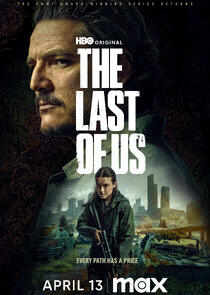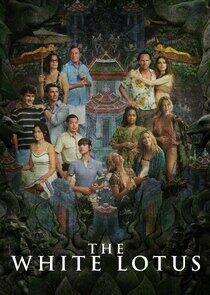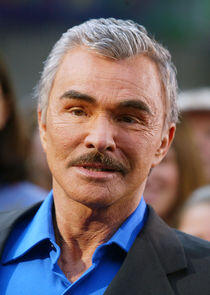
Burt Reynolds
Reynolds played leading roles in a number of subsequent financial successes such as White Lightning (1973), The Longest Yard (1974), Smokey and the Bandit (1977) (which started a six-year box-office reign), Semi-Tough (1977), The End (1978), Hooper (1978), Starting Over (1979), Smokey and the Bandit II (1980), The Cannonball Run (1981), Sharky's Machine (1981), The Best Little Whorehouse in Texas (1982) and Cannonball Run II (1984), several of which he directed. He was nominated twice for the Golden Globe Award for Best Actor in a Motion Picture – Musical or Comedy.
Reynolds was voted the world's number one movie actor from 1978 to 1982 in the annual Top Ten Money Making Stars Poll, a record that he shares with Bing Crosby. After a number of box-office failures, Reynolds returned to television, featuring in the situation comedy Evening Shade (1990–1994), which won a Golden Globe Award and Primetime Emmy Award for Outstanding Lead Actor in a Comedy Series. His performance as high-minded pornographer Jack Horner in Paul Thomas Anderson's Boogie Nights (1997) brought him renewed critical attention, earning Golden Globe Award for Best Supporting Actor – Motion Picture, with nominations for an Academy Award for Best Supporting Actor and a BAFTA Award for Best Supporting Actor.
Biography from the Wikipedia article Burt Reynolds. Licensed under CC-BY-SA. Full list of contributors on Wikipedia.
Known For
Part of Crew
Recently Updated Shows
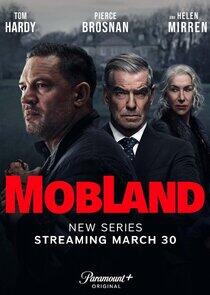
MobLand
With the most powerful clients in Europe, MobLand will see family fortunes and reputations at risk, odd alliances unfold, and betrayal around every corner; and while the family might be London's most elite fixers today, the nature of their business means there is no guarantee what's in store tomorrow.
MobLand follows two generations of gangsters, the businesses they run, the complex relationships they weave and the man they call upon to fix their problem.
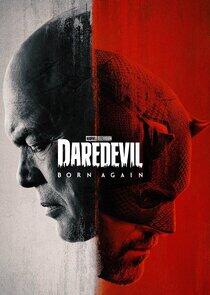
Daredevil: Born Again
Matt Murdock finds himself on a collision course with Wilson Fisk when their past identities begin to emerge.
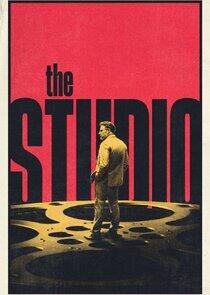
The Studio
As movies struggle to stay alive and relevant, Matt and his core team of infighting executives battle their own insecurities as they wrangle narcissistic artists and craven corporate overlords in the ever-elusive pursuit of making great films. With their power suits masking their never-ending sense of panic, every party, set visit, casting decision, marketing meeting, and award show presents them with an opportunity for glittering success or career-ending catastrophe. As someone who eats, sleeps, and breathes movies, it's the job Matt's been pursuing his whole life, and it may very well destroy him.
